Directory
- Share
Said Saab
- Alumni
- United States
- 2012 MPhil Translational Medicine and Therapeutics
- Trinity College
Said Saab
- Alumni
- United States
- 2012 MPhil Translational Medicine and Therapeutics
- Trinity College
My ultimate goal is to develop a career in Obstetrics and Gynaecology (Ob/Gyn) that is specifically aimed at going beyond translating science into applicable interventions that are affordable, so as to promote patient health at the level of underserved communities and large city hospitals. I plan to perform my clinical duties in the context of these communities, while simultaneously using my clinical and research skills to close the gap in access to healthcare and novel therapies. As a Gates scholar I completed the Translational Medicine MPhil, both taking courses and completing a research project in the department of Ob/Gyn. In June 2013, I returned to NYU School of Medicine for the final year of medical training, and to begin a residency program in OB/GYN at UPenn starting June 2014.
Jennifer Saari
- Alumni
- United States
- 2008 PhD Education
- Trinity Hall

Jennifer Saari
- Alumni
- United States
- 2008 PhD Education
- Trinity Hall
My doctoral research was a comparative study of student engagement and persistence in STEM fields in Finland, Sweden, and United States. In addition to comparative education policy, my current interest is on the intersection of science and mathematics education, and the education of citizens. I am interested in the idea of science and mathematics as part of a humanities education increases our wonder and appreciation of the world, and what it means to be human.
Previous Education
University of Cambridge MPhil, Mathematics Education 2008
University of Turku, Finland Fulbright Fellow, Mathematics 2004
Scripps College BA, Mathematics, Hispanic Studies 2003
George Saba
- Alumni
- United States
- 2015 MPhil International Relations & Pols
- Corpus Christi College

George Saba
- Alumni
- United States
- 2015 MPhil International Relations & Pols
- Corpus Christi College
My interest in public service and improving the lives of others comes from the humble recognition that had I been born a few generations earlier, I would have been preparing for a hard day’s labor instead of a day of classes and baseball practice at Stanford University. My great-grandfather, an immigrant from the Azores Islands, was a gardener at Stanford; he barely spoke English and worked endless hours to support a family living in poverty. I achieved my goals at Stanford because of their sacrifices. To learn how I can help ensure such opportunities exist for others, I have taught hardworking, underprivileged students about their role in a democracy. As a research assistant for Dr. Condoleezza Rice and a White House Intern for the Obama Administration, I have realized that strengthening and investing in our democracy’s future is important, takes time, depends on collaboration and requires patience. At Stanford, my research focuses on the US national security advisor and foreign policy decisions. At Cambridge, I hope to broaden this research to compare how presidents and prime ministers utilize their advisors to improve the policy making process and uncover avoidable errors that profoundly affect us all.Interests: Reading non-fiction, meditating daily, practicing the “slow-carb” and “paleo” diets, playing baseball, singing in the church choir, playing chess, Olympic powerlifting
Previous Education
Stanford University
Abdullah Hasan Safir
- Scholar
- Bangladesh
- 2024 PhD Interdisciplinary Design
- Trinity Hall
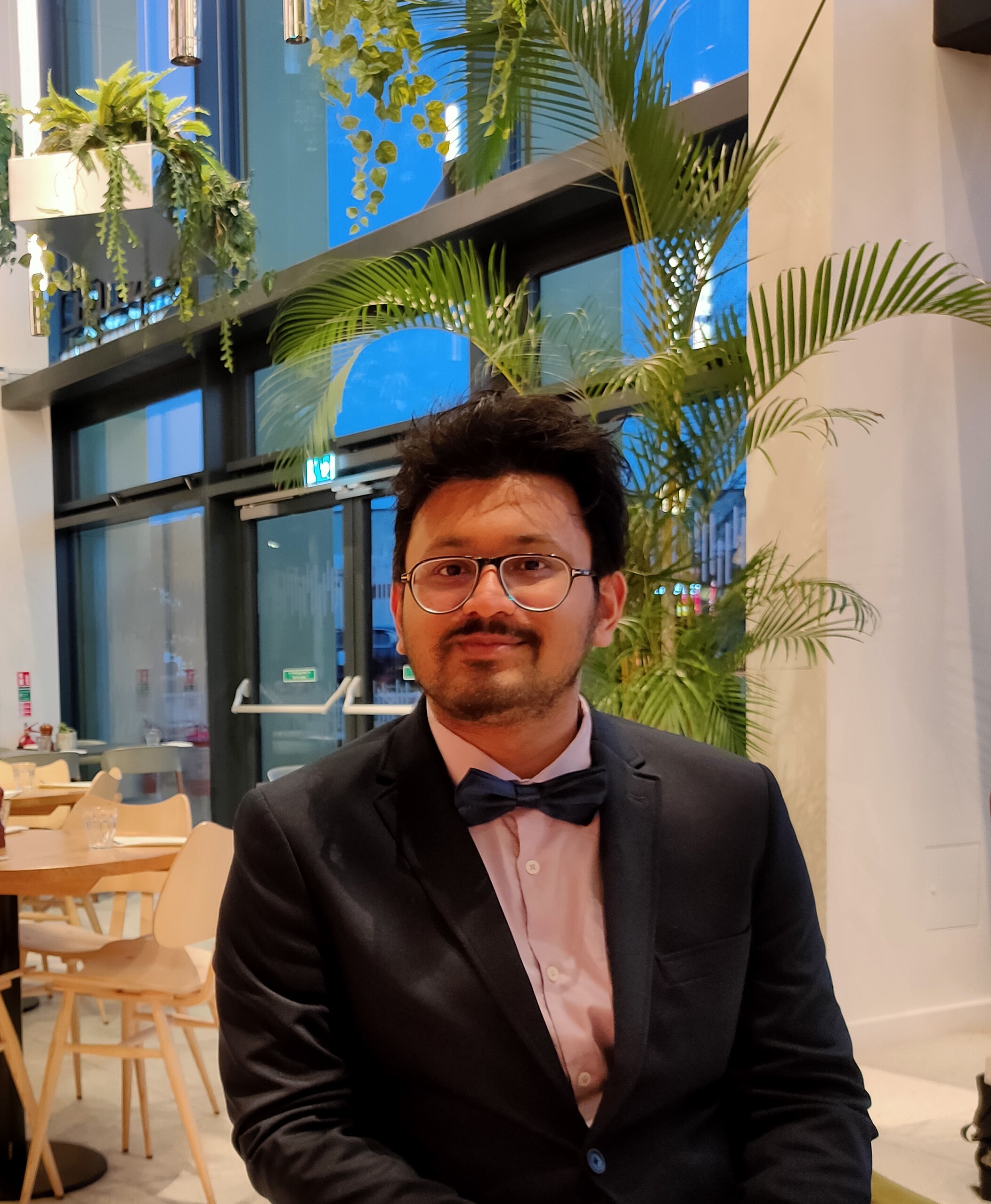
Abdullah Hasan Safir
- Scholar
- Bangladesh
- 2024 PhD Interdisciplinary Design
- Trinity Hall
I am an AI ethics and critical design researcher interested in reimagining AI from Majority World perspectives. I blend decolonial approaches with ethnographic and computational methods to analyse the implications of digital technologies on the historically marginalised populations in the Global South. I have recently completed my MPhil in Ethics of AI, Data, and Algorithms at the Leverhulme Centre for Future of Intelligence (LCFI), University of Cambridge, funded by Trinity Hall Postgraduate Research Studentship. Previously, as a Research Assistant at LCFI, I contributed to organising the Many Worlds of AI conference and co-edited its digital proceedings. I also co-designed a toolkit helping journalists worldwide in responsibly communicating AI’s harms and potentials. I completed my MA at the Centre for Interdisciplinary Methodologies (CIM), University of Warwick with Commonwealth Scholarship, achieved distinctions, and was awarded for my academic excellence. Prior, as a Senior Research Associate at BRAC University, I co-developed a Digital Strategy Primer for Bangladesh launched by the State Minister of the ICT Division in collaboration with the University of Oxford.
Previous Education
University of Cambridge Ethics in AI,Data&Algorithms 2024
University of Warwick Digital Media and Culture 2022
Bangladesh University of Engineering & Technology Civil Engineering 2018
Links
https://www.abdullahsafir.net
https://www.linkedin.com/in/abdullah-safir-07944122b
Aiden Sagerman
- Alumni
- United States
- 2024 MPhil History and Philosophy of Science and Medicine
- Trinity College

Aiden Sagerman
- Alumni
- United States
- 2024 MPhil History and Philosophy of Science and Medicine
- Trinity College
I grew up in San Francisco, California, and completed a B.A. in Comparative Literature & Society and Mathematics at Columbia University. I’m broadly interested in the relationship between technical knowledge and social order, particularly in the histories of eugenics and mathematics. My work at Columbia has focused on transnational collaboration in early-twentieth-century eugenics, interrogating how eugenicists in America collaborated with their European counterparts across national boundaries and political disagreements. As a Gates Cambridge scholar, I will continue to study histories of eugenics and concepts of race, transnational scientific collaboration, and mathematics and quantification. Throughout, I seek to explore what the recent past can teach us about the politics of today as eugenic thought, international right wing movements, and (frequently inscrutable) mathematical reasoning continue to grow in political relevance. As someone with interests across the humanities, the social sciences, and STEM, I am thrilled to join a community of interdisciplinary scholars dedicated to bridging the academy and the public sphere.
Previous Education
Columbia University Comparative Literature, Math 2024
Sushil Saigal
- Alumni
- India
- 2006 PhD Geography
- Churchill College

Sushil Saigal
- Alumni
- India
- 2006 PhD Geography
- Churchill College
I have a deep interest in environment related issues and have worked with several environmental organizations in India. After working for a few years I realized that environment and development issues are closely inter-related. I explored these links further through an MPhil at Cambridge. At present I am pursuing a PhD in political ecology and studying long-term outcomes of a community forestry project in India. After completing my PhD I intend to work mainly on issues related to interaction between environment and development policies.
Shaina Saint-Lot
- Alumni
- United States
- 2013 MPhil Development Studies
- Peterhouse
Shaina Saint-Lot
- Alumni
- United States
- 2013 MPhil Development Studies
- Peterhouse
Being born and raised in Haiti and moving to one of the richest countries in the world made me clearly aware of the differences in quality of life among people worldwide. It never felt right to me that some people suffered and struggled so much while others lounged in luxury, and just because of the place they were born! I knew as a little girl that I wanted to improve the quality of life in places just like my homeland. As I spent more time in the U.S. though, I came to understand that inequality was a complex issue that directly affected wellbeing and quality of life, an unrestrictive issue affecting poor and rich countries alike. I look forward to researching the effects of inequality on wellbeing and development while exploring the grassroots organizations and state institutions that can both spur and hinder this equitable growth. I am excited to continue to build on my academic and research experience in the stimulating environment at Cambridge.
Sergejs Saksonovs
- Alumni
- Latvia
- 2006 PhD Economics
- Darwin College

Sergejs Saksonovs
- Alumni
- Latvia
- 2006 PhD Economics
- Darwin College
I am currently close to completing PhD in Economics. My research focuses on topics in international finance - essentially it is about forecasting and optimising how countries choose to borrow and lend to each other. I believe that one of the key strengths of Cambridge University is the climate of interaction and exchange of ideas between different disciplines. That is the main, but not the only, reason why I have had such a wonderful time here.
Jonathan Salamon
- Scholar
- United States
- 2024 PhD Music
- Emmanuel College
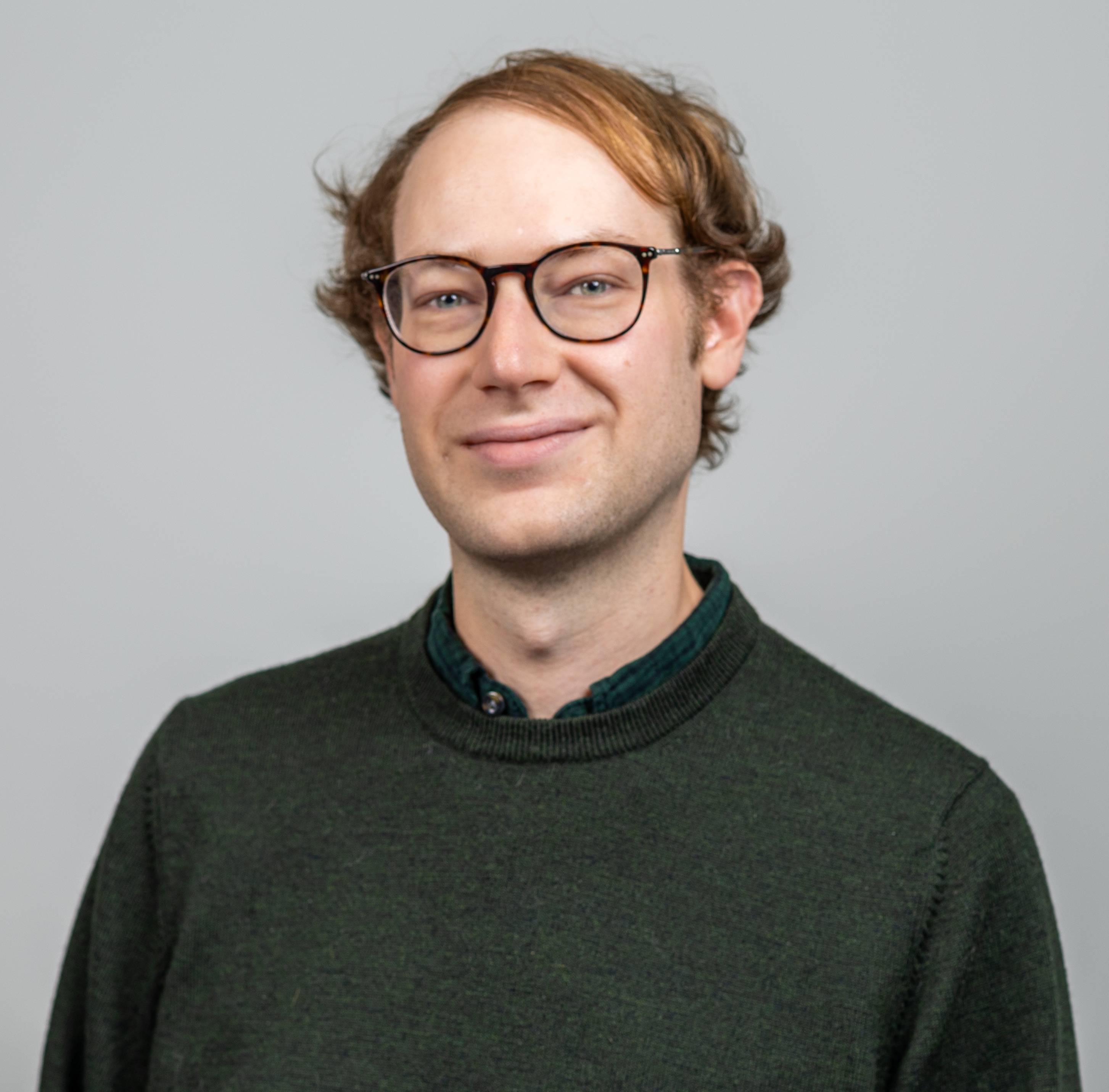
Jonathan Salamon
- Scholar
- United States
- 2024 PhD Music
- Emmanuel College
I've long been fascinated by how composers compose. Throughout my years studying piano and harpsichord performance, I found myself delving more deeply into music theory and exploring the blurry lines between improvisation, composition, and performance in baroque music. This led to my current project at Cambridge, in which I reveal the 'building blocks' of Handel's keyboard music to understand what makes it characteristically 'Handelian'. Studying Handel's music in England, his adopted home, makes this research experience even more exciting. As a committed educator and arts advocate, I am passionate about making classical music accessible to all through teaching, writing, and performing. Showing audiences how the music they love works makes it all the more approachable and engaging.
Previous Education
Yale University
New York University
Links
Michael Salka
- Scholar
- United States
- 2021 PhD Architecture
- Darwin College
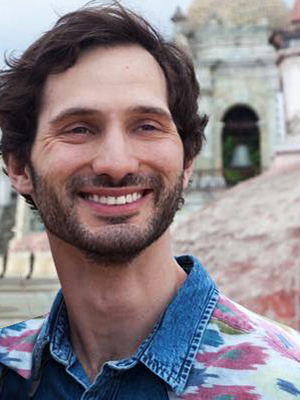
Michael Salka
- Scholar
- United States
- 2021 PhD Architecture
- Darwin College
In the southwest Rocky Mountains, my formative years were spent shaping, and shaped by, nature. My architectural career proceeded to harness natural forces and materials through the planning, design and construction of communal rainwater catchment pavilions in Rwanda; solar/geo-thermal powered, net-zero energy neighborhoods and mixed-use urban infill projects in the USA; and self-sufficient, digitally-fabricated engineered timber homes, greenhouses, public space interventions, and future 'Biocities' in Spain. My doctoral research investigates how geospatial networks can inform place-based natural material value chains for development we’ll need to meet the demand for a worldwide doubling of built floor area by 2060 - while mitigating and adapting to global climate change by advancing carbon neutrality, resource security, ecosystem services, and ecologic as well as human health and wellbeing.
Previous Education
Institute for Advanced Architecture of Catalonia Advanced Ecological Buildings 2019
University of Colorado at Boulder Env. Design: Architecture 2014
Links
https://valldaura.net
https://iaac.net/about-us/valldaura-labs
https://www.linkedin.com/in/michaelsalka
Aliva Salmeen
- Scholar
- Bangladesh
- 2023 PhD Public Health and Primary Care
- Lucy Cavendish College
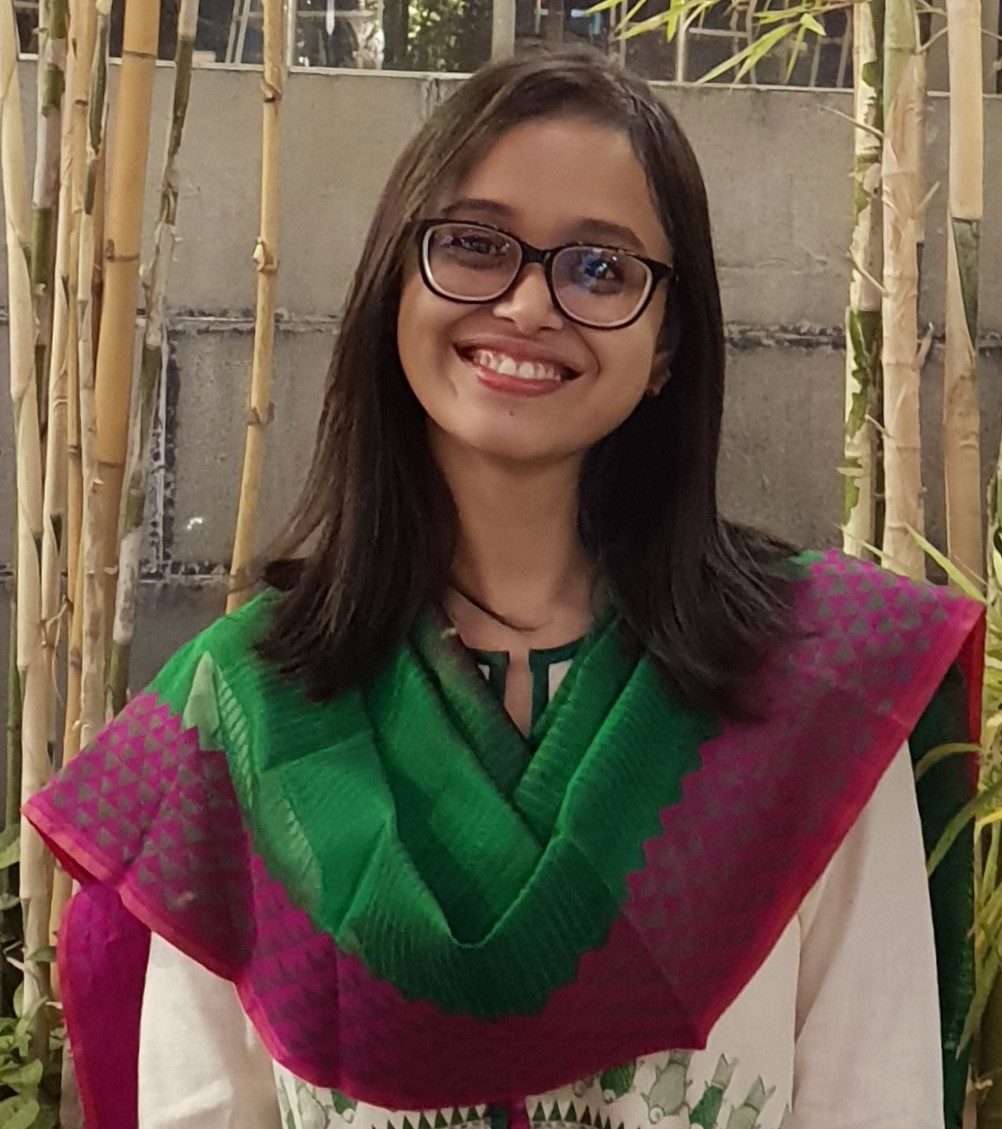
Aliva Salmeen
- Scholar
- Bangladesh
- 2023 PhD Public Health and Primary Care
- Lucy Cavendish College
Currently, the world has been experiencing a massive burden of noncommunicable diseases (NCD) and cardiovascular diseases (CVD) constitute almost half of all chronic health hazards. Several CVD risk prediction models have been developed in different populations to estimate individual risk over a 10-year period. My PhD research will focus on the performance of existing CVD risk prediction models among the Bangladeshi population along with developing a risk score that is tailored and recalibrated to the contemporary circumstances in Bangladesh. Moreover, the research will also investigate the use of polygenic risk scores which will be a novel approach for this population. I will use BELIEVE data, one of the largest NCD cohorts in Bangladesh (73,000 participants), along with other globally relevant datasets to recalibrate the prediction model. This research will have multiple potential benefits to public health in Bangladesh, while also contributing more broadly to risk prediction research globally, specifically among the people of South Asian ancestry.
Previous Education
University of Cambridge Population Health Sciences 2023
Bangabandhu Sheikh Mujib Medical University Public Health - Epidemiology 2020
University of Dhaka Medicine and Surgery 2015
Isabel Salovaara
- Alumni
- United States
- 2015 MPhil Social Anthropology
- King's College
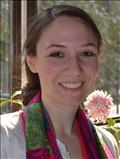
Isabel Salovaara
- Alumni
- United States
- 2015 MPhil Social Anthropology
- King's College
After completing my MPhil in Social Anthropology through the Gates Scholarship, I taught anthropology for two years at O.P. Jindal Global University in India and helped run the University's Jindal Centre for Social Innovation + Entrepreneurship (JSiE). I am interested in issues of work, gender, and education, and I am currently pursuing a Ph.D. in Anthropology at Stanford.
Previous Education
Harvard University
Eryk Salvaggio
- Scholar
- United States
- 2025 PhD Digital Humanities
- Homerton College
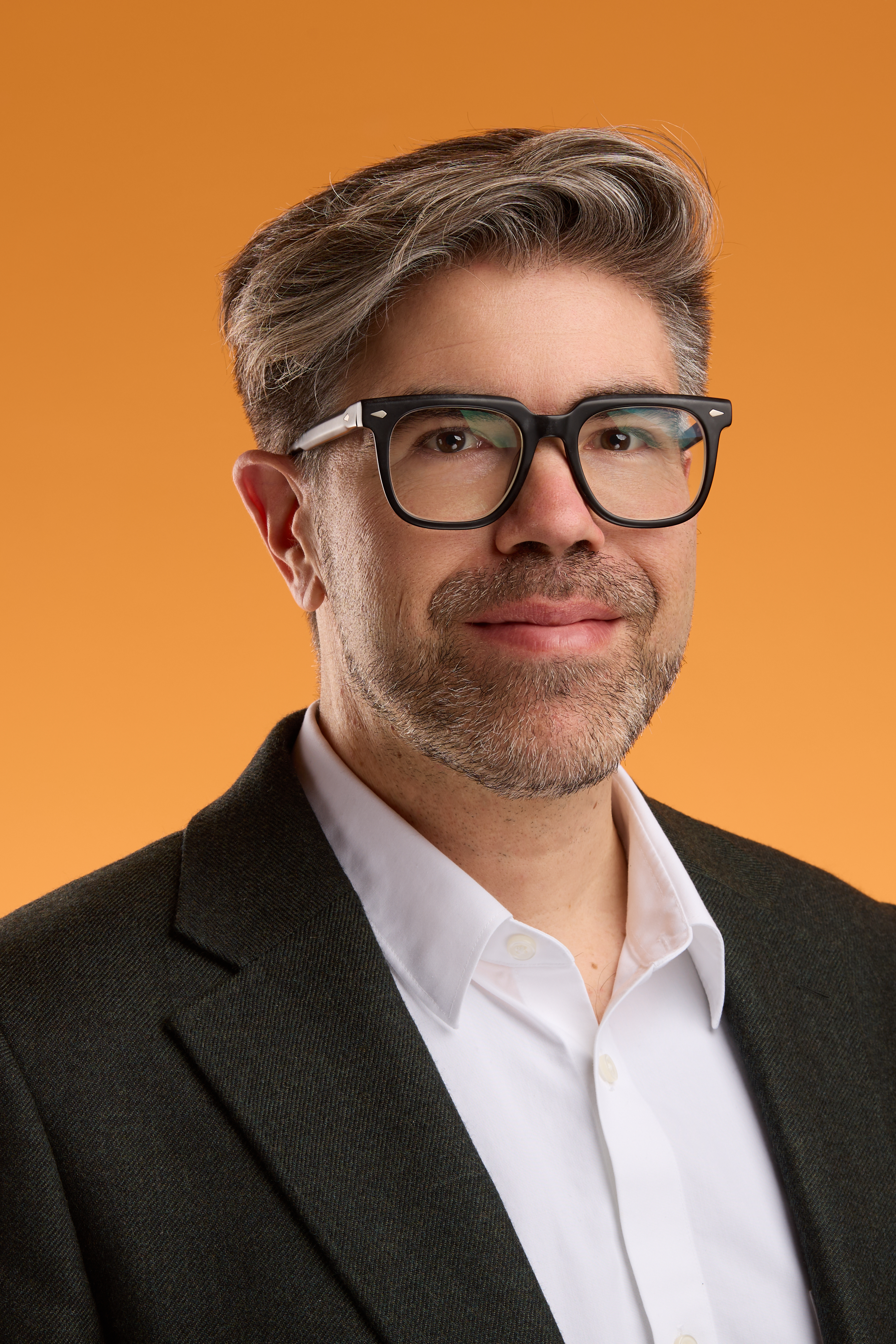
Eryk Salvaggio
- Scholar
- United States
- 2025 PhD Digital Humanities
- Homerton College
I've worked in art and technology for more than 25 years. Since 2018, I've embraced digital humanities as a lens to examine assumptions about generative AI in policy, pedagogy, and design. My research frames generative AI as digital humanities in reverse. Where archivists grapple with organizing and preserving cultural memory, generative AI synthesizes generalities to create plausible representations of that memory. This raises fascinating questions about cultural meaning. Yet, we lack frameworks to articulate these questions, challenge these representations, or examine the practices that produce them. At Cambridge, my research will bridge archival approaches, media studies, and responsible data-training practices to produce these frameworks. Being named a Gates Scholar is an immense honor. As the first in my family to attend university, I earned degrees in New Media and Journalism from the University of Maine. I hold an MSc in Media and Communications from the London School of Economics, and in Applied Cybernetics from the Australian National University. I've been a Research Fellow at the Flickr Foundation, a Reporting Fellow at Tech Policy Press, and the Emerging Technology Research Advisor for the Siegel Family Endowment.
Previous Education
London School of Economics & Political Science (Un Media and Communications
Australian National University Applied Cybernetics
Keene State College Undeclared
Farhan Samanani
- Alumni
- Canada
- 2013 PhD Social Anthropology
- Trinity Hall
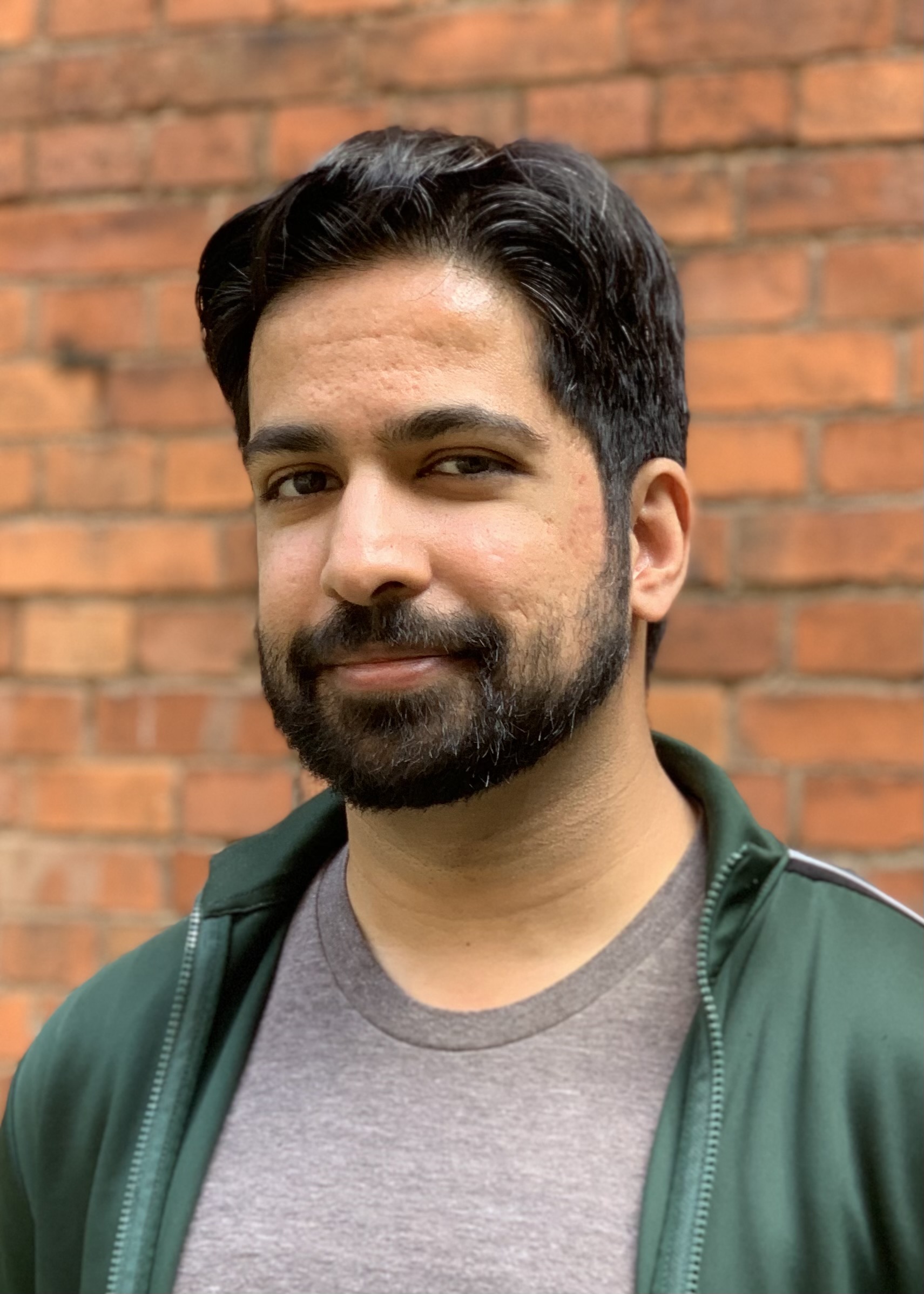
Farhan Samanani
- Alumni
- Canada
- 2013 PhD Social Anthropology
- Trinity Hall
I work as an academic who strives to bridge research and practice, looking at questions of how we build community and common cause across lines of difference. I completed my PhD in Social Anthropology as a Gates Cambridge Scholar, held a post in Human Geography for a year at the University of Oxford, and am currently a Fellow at The Max Planck Institute for the Study of Religious and Ethnic Diversity. At Cambridge, my research focused on how people imagined and worked to build community in a highly-diverse London neighborhood, and what drew people together or held them apart. At Oxford, I looked at how cuts to public services were impacting the experiences of first-time parents, and at how the design of our cities and services shapes possibilities for care. My current research explores how community organizers in East London work to build diverse coalitions to drive meaningful grassroots-led political change -- and who or what gets included or left behind in these processes. I am committed to producing public-facing research that's capable of producing real change, and have worked for a range of non-profit and community groups, from the small to the international.
I've written for a range of academic and popular-press publications. If you want a sense of the sort of work I do, check out: https://aeon.co/essays/whats-the-best-way-to-find-common-ground-in-public-spaces
Links
Shamsher Samra
- Alumni
- United States
- 2007 MPhil Development Studies
- Hughes Hall

Shamsher Samra
- Alumni
- United States
- 2007 MPhil Development Studies
- Hughes Hall
Matthew Samson
- Alumni
- Australia
- 2014 PhD Psychology
- Trinity Hall

Matthew Samson
- Alumni
- Australia
- 2014 PhD Psychology
- Trinity Hall
In versions one to three of this biography, I tried my best to show everyone why I think I’m a worthy Gates Scholar. I drew continuities between my different extra-curricular activities and my current research. In truth, I just did things – unexceptional things – because I found them interesting. I was never the brightest person in my class. I stumbled into my local university (you probably haven’t heard of it) after a particularly calamitous and short lived stint in investment banking. I did social psychology because I thought it could give me the edge to overcome my anxiety, captivate that special someone and play better cricket. Ironically, my PhD now focuses on precisely how little psychology speaks to those things. Instead, I argue that psychology can be useful when looking at trends, and that the individual – you – are eminently unknowable. It is this paradigm that guides my current study of happiness at scale… Overall, I am lucky. I’ve progressed down a path that I never planned, and towards a future that might never be clear. I’m just thankful that mum and dad are proud.
To those who are considering applying to Gates/Cambridge: I was rejected outright from Oxford and loads of other universities. My only offer was to Cambridge. I felt like an imposter when I arrived. I don’t anymore. Just give it a go!
Nuria Sanchez Puig
- Alumni
- Mexico
- 2001 PhD Chemistry
- Gonville and Caius College

Nuria Sanchez Puig
- Alumni
- Mexico
- 2001 PhD Chemistry
- Gonville and Caius College
2009
Claudia Sanhueza Riveros
- Alumni
- Chile
- 2001 PhD Economics
- Churchill College

Claudia Sanhueza Riveros
- Alumni
- Chile
- 2001 PhD Economics
- Churchill College








